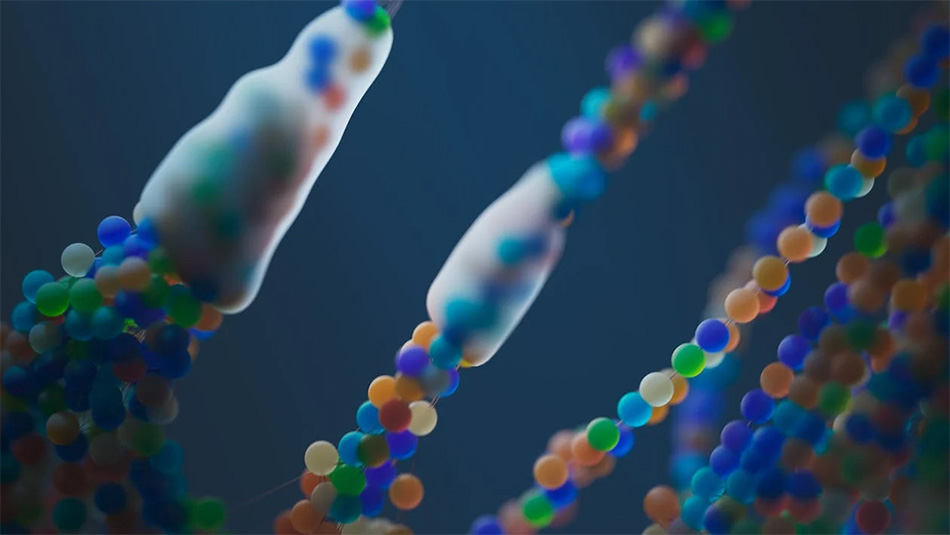Tech Flash: 23andme Bankruptcy Puts Customer DNA Data At Risk

Once valued at more than $6 billion, DNA testing firm 23andMe has gone bankrupt and is now trying to sell its assets, maybe including user data. Riding the wave of popularity in genetic testing a few years ago, the firm said on March 23 that it has started voluntary Chapter 11 proceedings in the US Bankruptcy Court “to facilitate a sale process to maximize the value of its business.” With the corporation deciding that a court-supervised sale procedure is the best way to maximize corporate value, this action follows a careful analysis of strategic options. Sadly for consumers, this bankruptcy petition could endanger the sale of their confidential genetic data to the highest bidder.
The Fall of a Genetic Testing Giant
The remarkable drop of 23andMe shows a major change in the DNA testing sector. Once valued at $6 billion at its height, the firm has seen notable income drop in recent years, according to The Telegraph, reflecting a broader drop in DNA testing appeal among consumers. Facing bankruptcy now, the business hopes to sell “substantially all of its assets,” which may include the large database of consumer genetic information gathered over years of operation. For consumers, most worrisome is that 23andMe’s privacy policy, which all users must agree to use the site, includes clauses explicitly permitting the business to sell personal information should it get engaged in bankruptcy proceedings—precisely the scenario developing today.
Protecting Your Genetic Data: Immediate Actions
California’s Attorney General issued a brief customer caution describing how to secure their data before selling it. Those concerned about their genetic data can erase their 23andMe account and personal information under Settings. Users can save a copy of their data for personal use by clicking “Delete Data” in the 23andMe Data section. If you have previously given the corporation your saliva and DNA, you can change your mind and have them destroyed by accessing your account’s Preferences.
Additional Protection Measures
Aside from deactivating their account, users can take a number of crucial precautions to protect their genetic data. Customers can cancel genetic data research authorization through the Research and Product Consents section of their account settings. Removing your account will remove all personal data, including genetic information, from the firm’s systems. The Attorney General’s warning specifically mentioned these safeguards for California consumers, but they are available to all 23andMe users. According to the company’s privacy policies, every DNA sample donor should be given these options.
Leadership Changes Amid Crisis
Anne Wojcicki, CEO of 23andMe, resigned immediately, adding to the confusion surrounding the bankruptcy. This leadership shift occurs at a critical juncture, as the corporation declares bankruptcy and maximizes asset value. Wojcicki’s departure, after being tightly attached to the brand since its inception, represents a significant shift in the company’s direction and may complicate the bankruptcy process. This resignation’s timing has sparked worries regarding client data privacy throughout the changeover.
Finally, 23andMe’s failure advises against disclosing genetic information to corporations. Customers should act quickly to secure their genetic information while the corporation sells its assets. This case emphasizes the importance of understanding privacy policies and the long-term consequences of disclosing biological data to commercial testing companies. Downloading and wiping data fast appears to be the most effective current data security measure.

